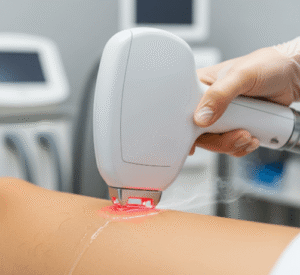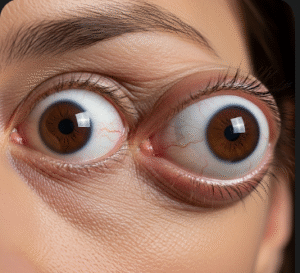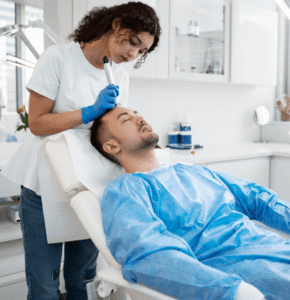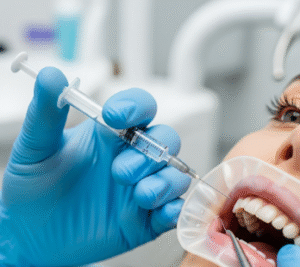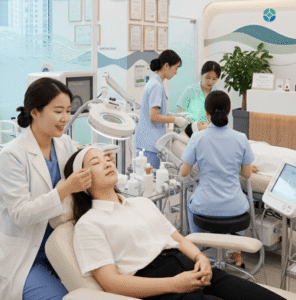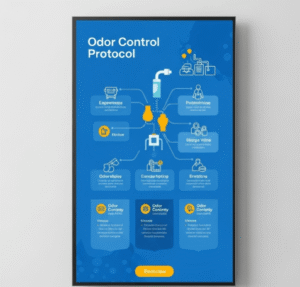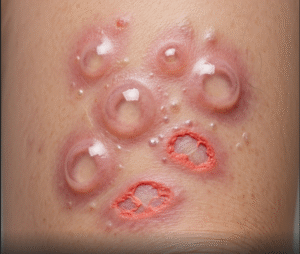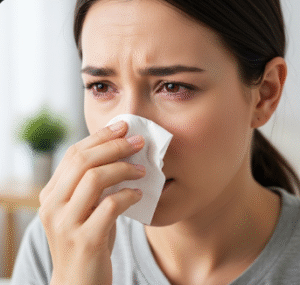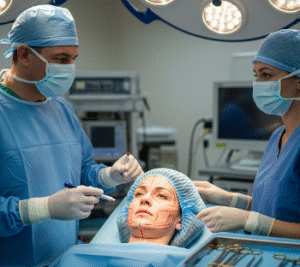What it is
STD/STI screening is the process of testing for sexually transmitted diseases (STDs) or sexually transmitted infections (STIs). These are infections passed primarily through sexual contact—vaginal, anal, or oral. Some common STDs include chlamydia, gonorrhea, syphilis, HIV, HPV, herpes, and hepatitis B.
Screening involves laboratory tests such as blood samples, urine samples, or swabs from genital areas. The aim is to detect infections early—even when no symptoms are present.
- 🔍 Purpose: Identify STIs before complications arise.
- 🧬 Method: Blood, urine, or swab tests depending on infection type.
- 📊 Result: Positive (infection detected) or negative (no infection detected).
Unlike routine check-ups, STD screening is not always automatically included in health exams—you need to request it specifically.
Why it’s done
Many STIs can remain silent for months or years but still cause serious long-term health problems or be transmitted to partners. Screening helps prevent these issues.
➡ Key reasons for STD/STI screening include:
- ✅ Early detection: Some STIs (like chlamydia) are easily treatable if found early.
- ✅ Protecting fertility: Untreated infections can lead to infertility or complications in pregnancy.
- ✅ Preventing cancer: HPV infections can lead to cervical or throat cancers if left unchecked.
- ✅ Protecting partners: Early diagnosis prevents passing the infection to others.
- ✅ Peace of mind: Negative results reduce anxiety and support healthy relationships.
Doctors recommend regular screening if you:
- 🔸 Have multiple sexual partners.
- 🔸 Have unprotected sex.
- 🔸 Are starting a new relationship.
- 🔸 Are pregnant (to prevent passing STIs to the baby).
- 🔸 Have a history of STIs.
Alternatives
STD/STI screening itself is the gold standard, but there are related approaches for monitoring sexual health:
- 🧾 Physical examination ➝ Detects visible signs like sores, warts, or discharge.
- 🧪 At-home test kits ➝ Available for some STIs such as HIV, chlamydia, and gonorrhea. However, confirmation in a medical setting is recommended.
- 🩻 Pap smear ➝ Can detect HPV-related cell changes, though not a full STI test.
- 🔬 Blood donation screening ➝ Sometimes identifies infections, but this is not a substitute for intentional STD testing.
Note: Relying only on symptoms is not safe—many STIs are asymptomatic.
Preparation
Preparing for STD/STI screening is usually simple, but following certain guidelines ensures accurate results:
- ⏩ Avoid urination for at least 1–2 hours before a urine test.
- ⏩ Do not use creams or medications in the genital area before swab testing.
- ⏩ Schedule appropriately: For blood tests, no fasting is needed unless advised.
- ⏩ Inform your doctor about recent risk exposures, medications, or vaccinations.
- ⏩ Bring partner history if possible: Helps doctors choose the right tests.
How it’s done
Screening varies depending on which infections are being tested. The process is usually quick and discreet.
🩺 Common testing methods include:
- 💉 Blood test → Detects HIV, syphilis, hepatitis B, and herpes.
- 🧪 Urine test → Detects chlamydia and gonorrhea.
- 🧫 Swab test → Collects samples from the cervix, urethra, vagina, or throat for bacterial or viral detection.
- 🔬 Physical exam → Identifies visible sores, discharge, or rashes.
✔️ The entire process may take 20–30 minutes.
✔️ Results are usually ready in a few days, though some rapid HIV tests give results within minutes.
Recovery
STD/STI screening requires no downtime—you can return to work or daily life immediately.
- 🔸 Some minor discomfort may occur if swabs are taken.
- 🔸 Blood test may leave a small bruise at the needle site.
- 🔸 Results discussion may involve further tests or partner notification if positive.
- 🔸 Confidentiality is guaranteed in Korean hospitals and clinics.
If an infection is detected:
- ✅ Most bacterial STIs (chlamydia, gonorrhea, syphilis) are treatable with antibiotics.
- ✅ Viral STIs (HIV, herpes, HPV) can be managed with long-term treatment to reduce symptoms and transmission risk.
Treatment Options in Korea
South Korea is known for world-class healthcare, affordable treatment, and patient confidentiality, making it a popular destination for both residents and international patients.
➡ Why choose Korea for STD/STI screening and treatment?
- 🏥 Modern labs with highly accurate diagnostic equipment.
- 👩⚕️ Experienced specialists in urology, gynecology, and infectious diseases.
- 💳 Affordable costs compared to Western countries.
- 🌍 Confidential, discreet services especially for foreigners.
➡ Treatment options in Korea if you test positive:
- Antibiotics for bacterial infections such as gonorrhea, chlamydia, and syphilis.
- Antiviral medication for herpes, HIV, and hepatitis to reduce viral load and symptoms.
- HPV vaccination for prevention and follow-up monitoring for cervical health.
- Counseling services for sexual health education, safe practices, and partner support.
➡ Partner testing and treatment
Hospitals in Korea encourage partner screening to stop reinfection cycles. Many clinics offer couples testing packages for convenience.
➡ Medical tourism services
For international patients, Korea provides interpreters, private appointments, and quick lab results, making the process stress-free and discreet.
Highlights of STD/STI Screening in Korea
- ⭐ Accurate lab-based testing with rapid results.
- ⭐ Confidential and discreet services for all patients.
- ⭐ Affordable screening packages for multiple STIs.
- ⭐ Expert medical staff with global training.
- ⭐ Advanced treatment and prevention options including vaccines.
✅ Summary: STD/STI screening in Korea is safe, accurate, and confidential. Whether you are seeking peace of mind, treating symptoms, or planning for fertility and long-term health, Korea’s medical system provides top-quality testing and treatment options at reasonable prices. Regular screening not only protects your health but also ensures the well-being of your partners and future family.


